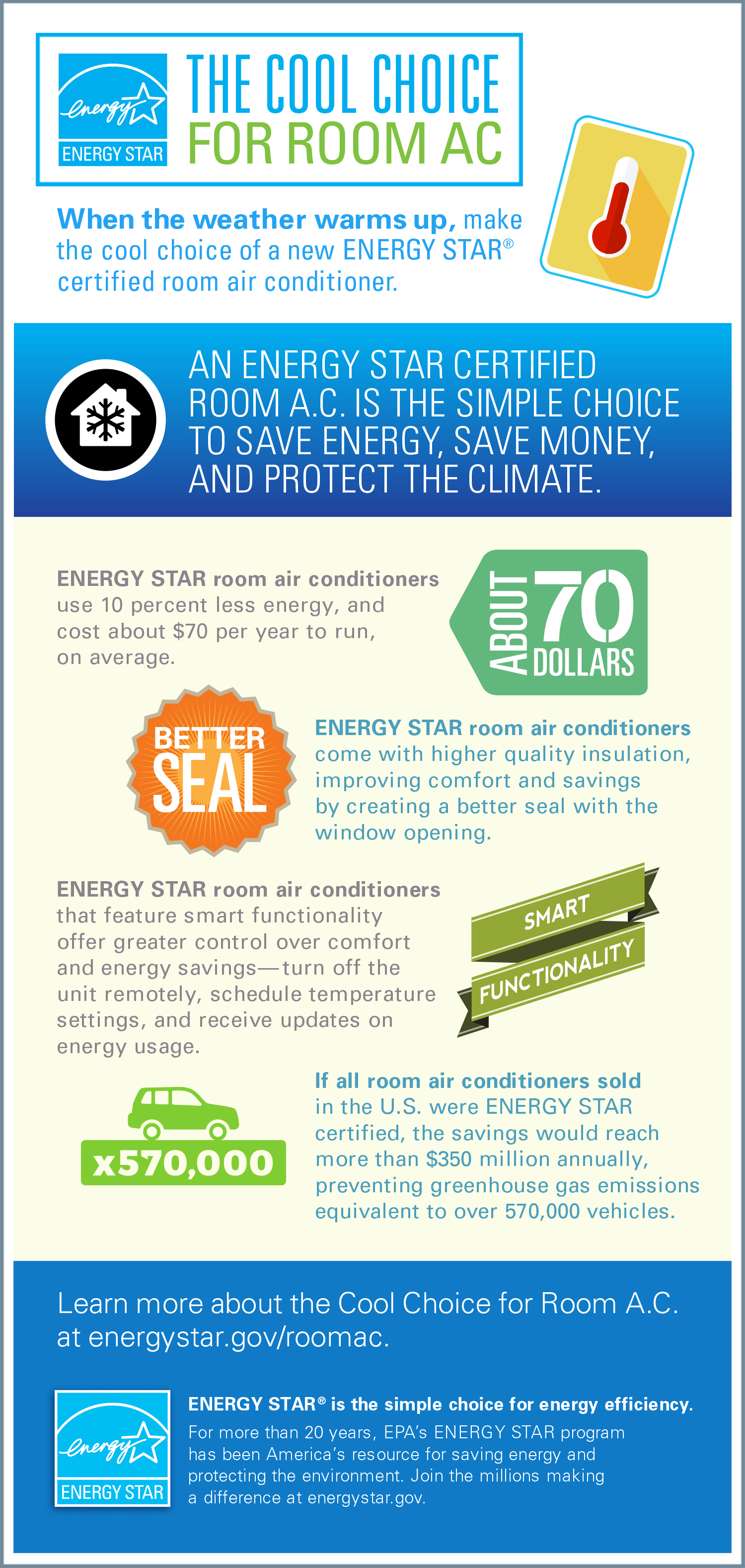The Future Of Home Home Heating - Exactly How Heatpump Technology Is Evolving
The Future Of Home Home Heating - Exactly How Heatpump Technology Is Evolving
Blog Article
Content Writer-David McCormick
Heatpump will certainly be an essential technology for decarbonising heating. In a scenario consistent with governments' announced power and climate commitments, their international ability doubles by 2030, while their share in home heating rises to one-quarter.
They work best in well-insulated homes and depend on electrical power, which can be provided from a renewable power grid. Technical innovations are making them more reliable, smarter and cheaper.
Gas Cells
Heat pumps utilize a compressor, refrigerant, coils and fans to relocate the air and heat in homes and appliances. They can be powered by solar power or electrical power from the grid. They have been acquiring appeal as a result of their low cost, peaceful operation and the capability to produce electrical energy during peak power need.
Some business, like IdaTech and BG MicroGen, are working with fuel cells for home heating. These microgenerators can replace a gas central heating boiler and generate some of a house's electric needs with a link to the electrical power grid for the remainder.
But there are factors to be hesitant of using hydrogen for home heating, Rosenow states. It would be expensive and inefficient contrasted to other innovations, and it would include in carbon discharges.
Smart and Connected Technologies
Smart home technology allows home owners to link and regulate their devices from another location with making use of mobile phone apps. For instance, wise thermostats can learn your home heating preferences and instantly adapt to maximize power intake. https://www.seattle.gov/city-light/residential-services/home-energy-solutions/heating-and-cooling-your-home can be regulated with voice commands and instantly switch off lights when you leave the area, lowering energy waste. And wise plugs can check and manage your electric use, enabling you to identify and restrict energy-hungry home appliances.
The tech-savvy household shown in Carina's interview is a great image of exactly how owners reconfigure space heating practices in the light of brand-new clever home innovations. They depend on the tools' automatic functions to carry out day-to-day adjustments and concern them as a practical methods of conducting their heating methods. Thus, they see no factor to adjust their techniques further in order to make it possible for adaptability in their home energy demand, and treatments targeting at doing so may encounter resistance from these families.
Electricity
Considering that warming homes accounts for 13% people emissions, a button to cleaner choices can make a big difference. Yet the modern technology faces difficulties: It's costly and calls for comprehensive home renovations. And it's not always compatible with renewable resource sources, such as solar and wind.
Until lately, electrical heat pumps were too pricey to compete with gas models in the majority of markets. However new advancements in style and materials are making them much more budget-friendly. And better cold climate performance is enabling them to work well even in subzero temperature levels.
The next action in decarbonising heating might be using warm networks, which attract warmth from a main source, such as a neighboring river or sea inlet, and disperse it to a network of homes or structures. That would certainly reduce carbon emissions and allow houses to benefit from renewable energy, such as eco-friendly power from a grid provided by renewables. This alternative would certainly be less pricey than changing to hydrogen, a nonrenewable fuel source that calls for brand-new framework and would just minimize carbon dioxide exhausts by 5 percent if coupled with improved home insulation.
Renewable resource
As power prices go down, we're beginning to see the very same pattern in home heating that has driven electrical autos into the mainstream-- but at an also faster pace. https://power-washing-stucco-hous62849.sharebyblog.com/29216798/exposing-usual-misconceptions-and-misunderstandings-regarding-warm-pumps for electrifying homes has actually been pushed further by brand-new research study.
Renewables account for a substantial share of modern-day heat consumption, but have been given limited policy focus worldwide compared to other end-use industries-- and even much less focus than electricity has. Partly, this shows a mix of customer inertia, split incentives and, in many nations, subsidies for fossil fuels.
New modern technologies could make the change easier. For instance, heatpump can be made extra energy efficient by replacing old R-22 cooling agents with new ones that do not have the high GWPs of their precursors. Some specialists also imagine area systems that attract heat from a neighboring river or sea inlet, like a Norwegian fjord. The warm water can after that be used for heating and cooling in a neighborhood.